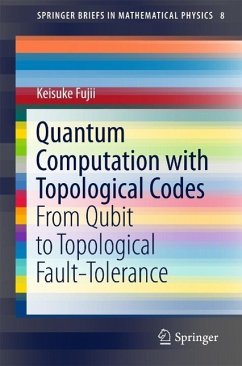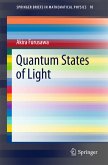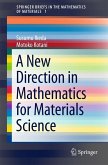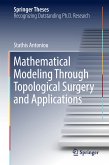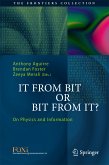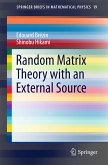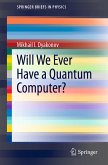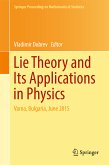This book presents a self-consistent review of quantum computation with topological quantum codes. The book covers everything required to understand topological fault-tolerant quantum computation, ranging from the definition of the surface code to topological quantum error correction and topological fault-tolerant operations. The underlying basic concepts and powerful tools, such as universal quantum computation, quantum algorithms, stabilizer formalism, and measurement-based quantum computation, are also introduced in a self-consistent way. The interdisciplinary fields between quantum information and other fields of physics such as condensed matter physics and statistical physics are also explored in terms of the topological quantum codes. This book thus provides the first comprehensive description of the whole picture of topological quantum codes and quantum computation with them.
Dieser Download kann aus rechtlichen Gründen nur mit Rechnungsadresse in A, B, BG, CY, CZ, D, DK, EW, E, FIN, F, GR, HR, H, IRL, I, LT, L, LR, M, NL, PL, P, R, S, SLO, SK ausgeliefert werden.

